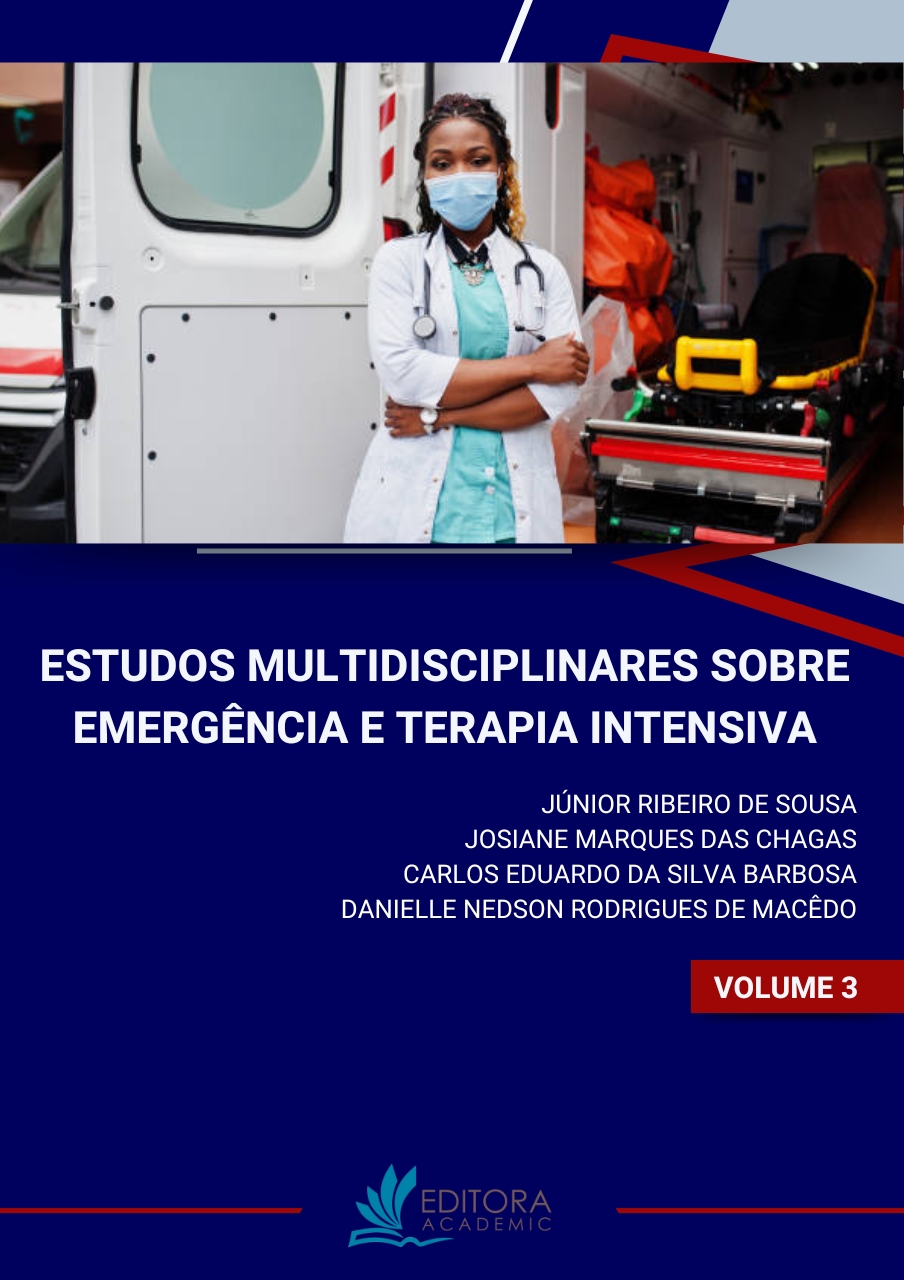
Objetivo: descrever os efeitos das terapias renais no corpo biológico, no social e no emocional de pessoas com doença renal crônica. Metodologia: trata-se de uma reflexão teórica com enfoque nos efeitos da terapia renal e nas injunções relacionadas, fragmento da base conceitual de uma dissertação de mestrado em fase de elaboração. Resultado e Discussões: os incômodos promovidos pelas terapias dialíticas se traduzem em efeitos de caráter transitórios e duradouros, sendo comuns as disfunções de acessos por infecção e trombose, falhas relacionadas a máquina de hemodiálise e ao tratamento de água, também ocorrem. Pacientes em terapia renal perdem capacidade de mobilidade e de forca física, culminado em afastamentos e aposentadorias, perdem em qualidade de vida enquanto lutam por trazer normalidade às suas vidas. O excesso de intervenções dolorosas e de internações priva-os da presença de seus pares, promove sentimentos negativos dirigidos a si e a outros, raiva, medo, culpa são, comumente, referidos. A admissão de pacientes em diálise peritoneal é pouco registrada se comparada a hemodiálise. Baseada no autocuidado, exige a participação efetiva da equipe multiprofissional, se tornando imprescindível a atuação do enfermeiro. Peritonites relacionadas à ambiência e à falha na técnica de troca, aliada às complicações mecânicas, presença hérnias e extravasamento de líquido, são maiores causas de falência na diálise peritoneal. Considerações Finais: efeitos indesejados ocorrem tão logo o paciente inicia a terapia, seja diálise peritoneal ou hemodiálise, no entanto melhores resultados surgem a partir das intervenções multidisciplinares, se tornando relevante a atuação da equipe médica, equipe de enfermagem, nutricionistas, psicólogos e assistentes sociais para o auxílio à escolha e manutenção da modalidade terapêutica que mais se adequa ao quadro clínico e ao estilo de vida do paciente e do seu cuidador, além de ações de educação em saúde com vistas a melhor adesão.